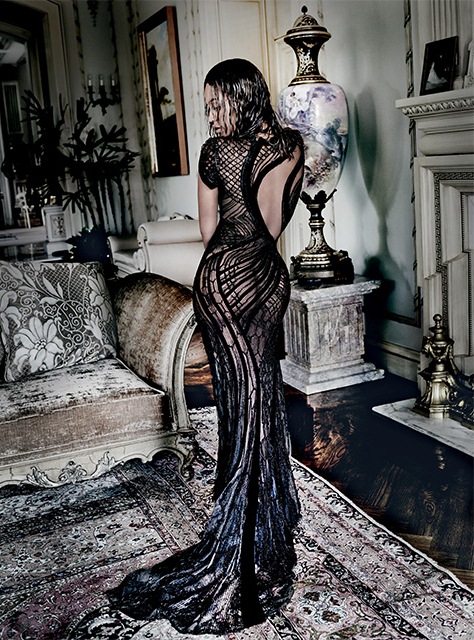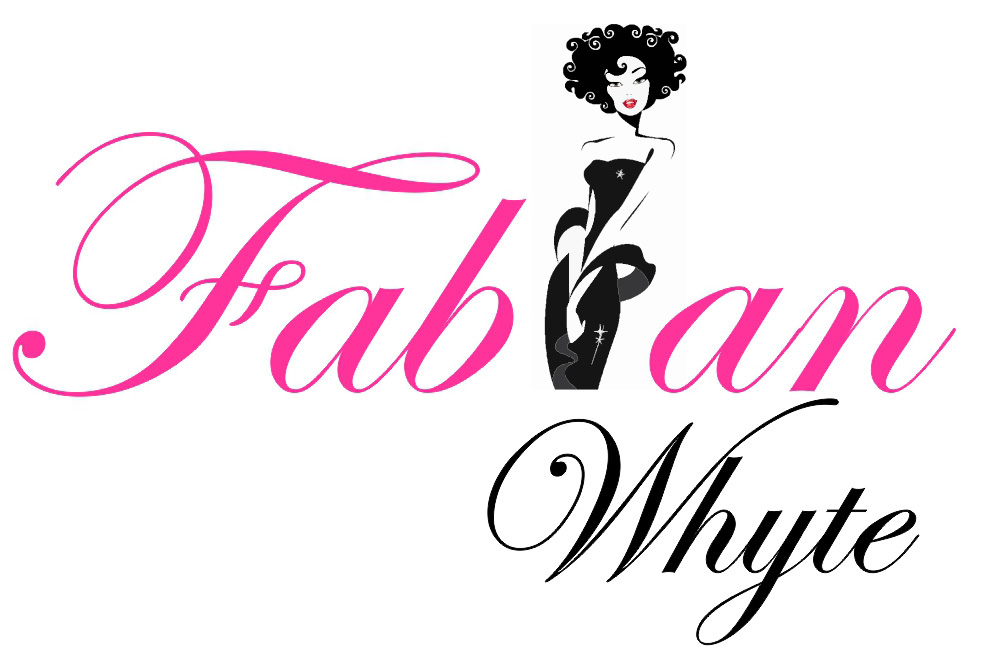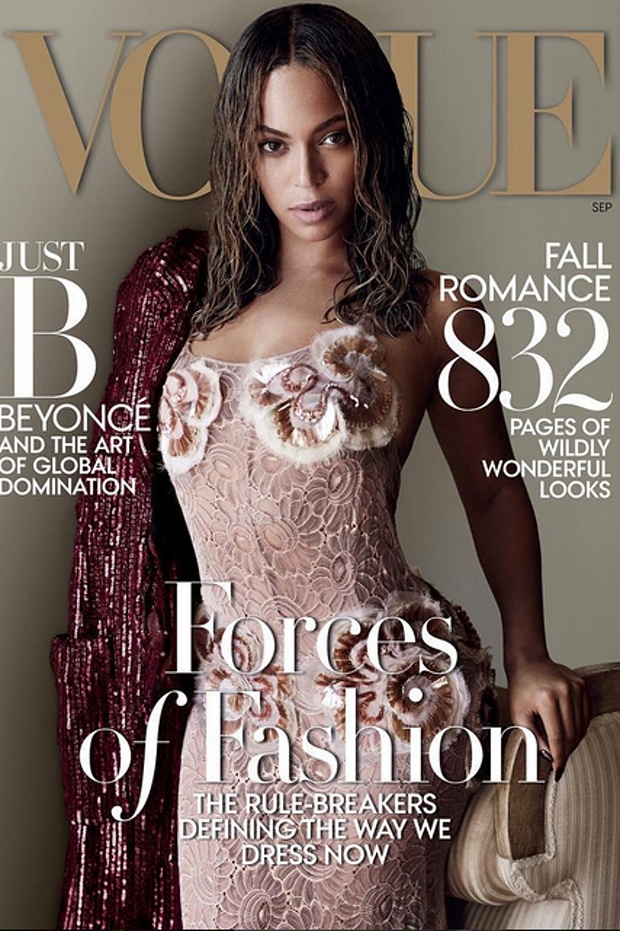She’s controlling, savvy and slightly terrifying. Those were the first thoughts that crossed my mind after reading Beyoncé’s February 2013 GQ cover story – one of the last interviews that the pop mega-star has given in person. As a recent New York Times article points out, so-called Queen Bey seemed to stop accepting face-to-face interview requests altogether some time between spring 2013 and the surprise release of her self-titled album in December that year.
And yet there she stands, serving that well-rehearsed smouldering look on the cover of Vogue’s September issue. Except, in an unusual move for a cover star, Bey hasn’t given Vogue a second of her time for an interview. The last time she covered the mag, in March 2013, journalist Jason Gay managed to pin her down for a carefully orchestrated chat. Even then he noted how every stage of her interactions with him seemed micro-managed to ensure she had the most possible ownership over how she was portrayed. GQ’s piece had introduced readers to Beyoncé’s creepy-sounding visual archive, a massive library filled with gig and interview footage, photographs – dating back to her childhood – and just about every other documented moment of her life.

And in Vogue, Gay wasn’t immune from seeing the archive at work during his own interview, noticing “an unmanned video camera has been set up on a table – there, as always, to record Beyoncé in the act of being Beyoncé”.
Image control is not a joke to this woman, who has built a career on a winning combination of seemingly southern warmth, unattainable sensuality and a back-breaking work ethic. She stands alone as a sort of pop enigma. Whether you love her music and persona or wish she’d vanish off the face of the earth, it’s rare to see a mainstream pop star who functions as both a standoffish auteur and a roaring commercial success – and seems to have a hand in just about every aspect of her creative output.
It contrasts sharply with the distinction between artistic integrity and commercial viability that defined the anti-sellout position held by someone like Doors drummer John Densmore. Beyoncé can have 17 Grammys, sell-out tours and earn creative director credits on her own Vogue spread’sbehind-the-scenes video, while flogging Pepsi. It all fits into her miniature empire.
But what about other pop stars? Beyoncé seems to earn all this attention from the press while there are plenty of her peers using similar tactics. Like Taylor Swift, Beyoncé is on Tumblr, where she posts intimate photographs and gifs from her personal life. She sometimes repurposes the same images on Instagram, a medium favoured by the likes of her past collaborator Nicki Minaj, Miley Cyrus and any of the various One Direction boys. On Instagram, just as to Vogue, Beyoncé rarely has much to say. She only recently started adding captions, preferring to upload an image and let her fans work themselves up into a tizzy of double-taps, heart-eye emojis and frantic comments professing their love for her.
Of course, plenty of other big-name pop musicians post on social media without interacting with their fans. But, from Lady Gaga and her Artpop album flop to Justin Bieber and whatever he’s even doing in music right now, they don’t quite manage to fulfill the conditions of nonchalance, a curated intimacy and a degree of both artistic merit and commercial clout. Vogue understands this. It’s hilarious to think that they’re about to publish a magazine wherein the cover story is essentially a thinkpiece about its absent star. With Frank Sinatra Has a Cold in 1966, Gay Talese basically crafted the be-all and end-all to profile writing without your subject – but this is something new.
This is an essay and a photoshoot. This is what happens when you consider your interview subject so powerful – or so important to helping people reach out and pull your magazine off the newsstand – that they don’t need to participate in their expected half of the cover story deal. For people who don’t care about pop music or the fashion industry, it’s just another month of glossy magazines. But, to me, it’s Beyoncé sending out a quiet reminder that she only wants to do things on her own terms. For a female pop star, that counts when so many of her peers and predecessors were nudged into outfits, sonic directions or promotion campaigns that they didn’t want.
Like Michael Jackson’s 80s and 90s mystery, and the one-sided hysteria of Beatlemania before it, Beyonce’s silence gains more fans than it loses. And she knows that. But that still doesn’t stop her from seeming brutally calculating, controlling and inescapably empowered.

